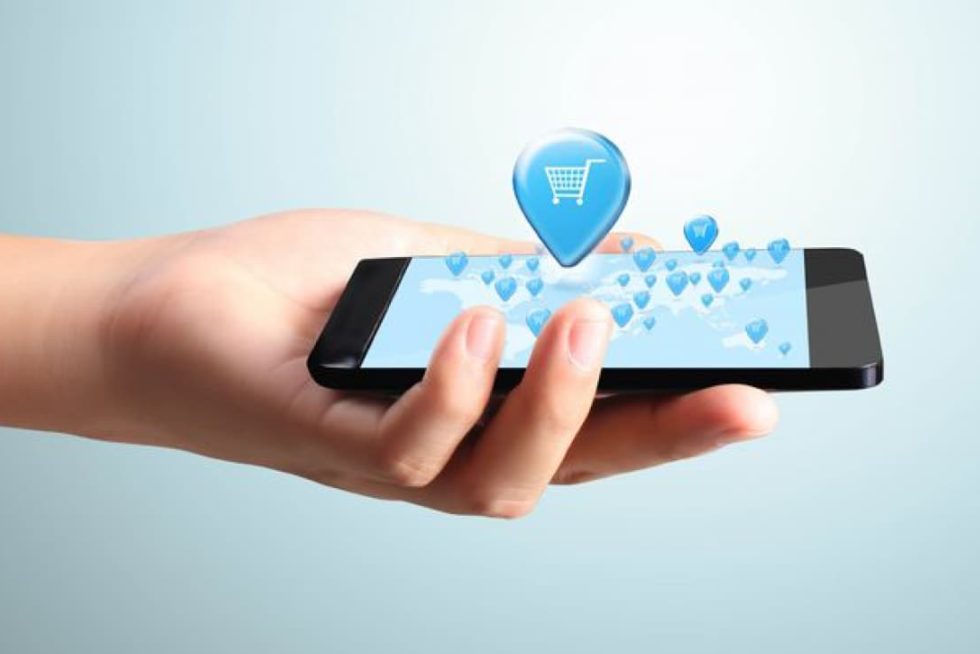Proximity Marketing is a great tool for retailers to reach a broad range of consumers through their mobile devices near the point of sale and deliver relevant and targeted content based on the location of the interaction. Its concept favors campaigns that are based on delivering promotional offers to be redeemed at the point of interaction.
Many large brands such as Red Βull have ventured proximity-based mobile promotions, targeting consumers with Bluetooth-enabled devices while they are in-store.
Red Bull has successfully run a proximity-based mobile coupons campaign in 2011 over Canada. It was one of the biggest proximity marketing initiatives to date. In order for customers to receive the offers they had to just enable their Bluetooth functionality on their handset.
The Red Bull case specs from MobileMarketer.com: Digital-signage screens were placed in the campaign stores in order to keep pushing a message to in-store customers, asking them to activate the Bluetooth on their phones for a message from Red Bull. The pushed coupon offer was ‘two cans of Red Bull for $4’. The display was placed at the point of purchase, reaching consumers who were waiting in line to pay or just walking around the store. Once consumers enabled the Bluetooth on their device, they received the coupon. The display was at the point of purchase, reaching consumers who were waiting in line to pay or just walking around the store.
Red Bull was able to receive real-time feedback on each advertisement sent to shopper’s phones, from every sign and location since the pushed content had an opt-in
Proximity marketing campaigns have the following key aspects:
- They enable marketers to engage audiences at the right time and place, in the right way, and therefore improve the overall customer experience by providing relevant and targeted content, unique engagement options as well as advertising and promotions before the point of sale.
- It allows today’s savvy and technologically-oriented consumer to engage, interact and transact how, when and where they wish to, while retailers can measure their marketing’s effectiveness with immediacy and accuracy.
- They build loyalty and deepen the connection between consumers and brands.
- Combining technologies such as digital signage, interactive touch screens, and mobile integration, retailers can leverage their strengths and create an even more memorable interaction, incentivize return in-store, and increase ROI.
- Since they have the ability reach broad audiences and interact with more mobile phone users, they are a valuable source of gathering large-scale digital data and consumer behavior metrics that can be used in future campaigns.
- Ads can be either broadcasted or personalized per customer, follow any push or pull model, interactive or one-way.
- Bluetooth enabled technology and location-based proximity advertising is at no cost to consumers and a cost-effective solution to marketers
- It provides marketers with immediate feedback, so as to evaluate easily metrics, redemption rates, call-to-action rates and sales conversions.
- Penetration rates are much higher than traditional campaigns due to the relevance and convenience of the pushed content
- They enrich the shopping experience with quick, convenient and relevant interaction. Proximity marketing solutions allow shoppers to engage, communicate and transact according to the way, the time and the place they wish
- They enable marketers to deploy simply, fast and conveniently their geo-fencing strategy.
MPASS delivers the mProS proximity and location-based turn-key solutions for localized wireless or mobile distribution of advertising content and offers. Capitalizing on Bluetooth, wireless, mobile and GPS technology, MPASS provides a cutting-edge business solution for deeper engagement with your audience, distributing rich content such as ads, offers and deals relevant to the venue, date and time.




